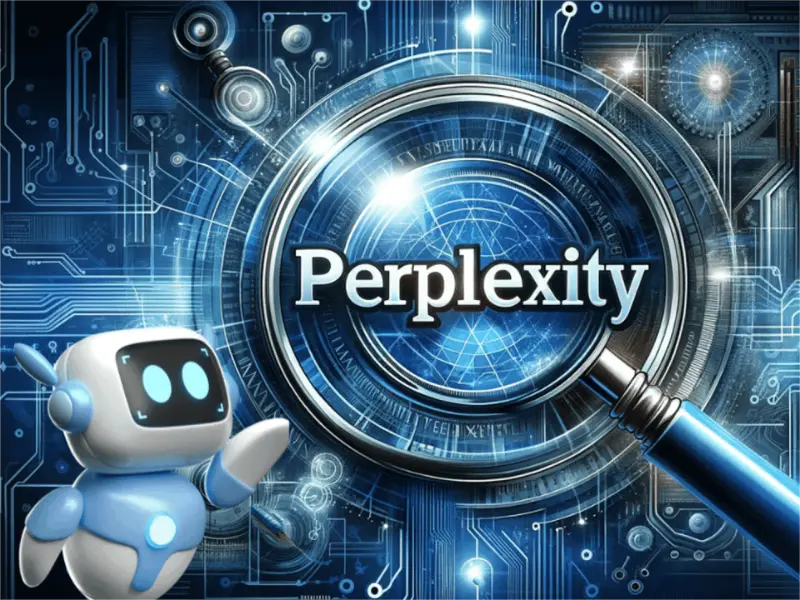- Perplexity was founded in August 2022 by Andy Konwinski, Denis Yarats, Johnny Ho, and Aravind Srinivas. Srinivas previously worked at OpenAI and now serves as Perplexity’s CEO.
- Perplexity AI is an AI-chatbot-powered research and conversational search engine that answers queries using natural language predictive text, generating answers using sources from the web and citing links within the text response, without thinking about keywords.
Perplexity AI, founded in 2022, is a relatively young company that specialises in artificial intelligence and machine learning solutions. They focus on developing advanced algorithms and technologies to tackle complex problems across various industries, including finance, healthcare, and technology.
About Perplexity AI
Perplexity was founded in August 2022 by Andy Konwinski, Denis Yarats, Johnny Ho, and Aravind Srinivas. Srinivas previously worked at OpenAI and now serves as Perplexity’s CEO.
Perplexity AI is an AI-chatbot-powered research and conversational search engine that answers queries using natural language predictive text, generating answers using sources from the web and citing links within the text response.
Perplexity works on a freemium model. The free product uses its Perplexity model based on OpenAI’s GPT-3.5 model combined with the company’s standalone large language model (LLM) that incorporates natural language processing (NLP) capabilities, while the paid version Perplexity Pro has access to GPT-4, Claude 3, Mistral Large, LLaMA and an Experimental Perplexity Model.
Also read: xAI open-sources base model of Grok without any training code
The AI-search startup received a $73.6 million investment in the beginning of 2024, setting a record for search engine company financing in the past decade, and the enterprise valuation was $520 million, which was backed by investors including NVIDIA and Jeff Bezos.
AI-driven search engine from Perplexity
Perplexity’s success probably lies in the fact that it is a conversational answer engine, rather than an algorithmically enabled traditional search engine.
There have been many startups over the years that have wanted to be the “Google killer,” but in the end, they have failed to achieve any success because they have never jumped out of the search engine framework that Yahoo outlined for the year.
Traditional search engines are essentially based on user input, and then on the user “recommended” results. They do not understand the user’s needs, and just guess what information the user wants to get, so to use keywords to limit the user’s needs to a vague range.
Also read: Perplexity’s ongoing fundraising spree
Perplexity combines the content indexing technology of traditional search with the reasoning and text conversion capabilities of a large-scale language model to fill the shortcomings of traditional search engines in terms of low relevance, difficulty in finding specialised knowledge, and the inability to explore a single issue.
Perplexity is like a time-sensitive ChatGPT plus search engine and its advantage lies in “natural language”, that is, the user can directly input a sentence without thinking about keywords, as long as the prompts are appropriate, AI can understand what the user wants, and then from the countless links to pull out the relevant web pages, from the web pages to extract the key content, learning to summarise the abstract to the user,
In this way, users can reduce the process of keyword querying, filtering, link clicking and page browsing.
Perplexity plays the role of a junior version of an “AI Agent”, which is capable of sensing user needs and taking action to fulfil them. Compared to traditional search engines, Perplexity’s model of chewing up knowledge and extracting the essence is more suitable for today’s Internet users.

